Calcium during pregnancy - features of the reception
When a woman is carrying a baby, her body plays the role of a supplier of all building materials for the full development of the child's body. Calcium occupies a special place in this process. It not only forms the entire musculoskeletal system of the fetus, but also ensures the smooth functioning of the mother's nervous system. If calcium is sorely lacking, the body begins to take this mineral from bones and teeth and gives it to the baby. Subsequently, the condition of the woman's bone tissue deteriorates, muscle tone is disturbed, and teeth deteriorate. How important is calcium during pregnancy? How to recognize a pathological condition in a timely manner? And where to look for the source of this mineral? Let's put everything in its place to get rid of unnecessary worries and prevent possible health problems.
Being "in position", a woman instinctively begins to consume more wholesome food in order to provide the baby with a complex of substances necessary for development. The need for calcium increases by two, or even three times. If the diet is balanced, and the woman has no contraindications to the use of dairy products, then this mineral is quite enough for two. But poor ecology, lack of natural cow's milk in stores and health problems are doing a disservice to pregnant women. And there is often a question about the additional intake of calcium tablets during pregnancy.
Calcium requirements of pregnant women
The daily intake of calcium during pregnancy ranges from 1500 to 2000 mg. At the same time, the baby at the beginning of pregnancy takes no more than 10 mg, but starting from the second trimester, he needs at least 300 mg of calcium ions per day.
Calcium during pregnancy, like a conductor, directs the most important organs and systems. It is part of all bones and cartilage of the fetus, forms the skin, eyes and nerve cells. Adequate calcium contributes to the normal mental development of the baby after childbirth.
On a note! The norm of calcium in the blood of a pregnant woman is 2.15-2.5 mmol / l.
But for the mother, he is no less important. Calcium has a good effect on the nervous state of a woman, prevents hypertonicity of the uterus and night cramps in the limbs, and also maintains blood clotting to avoid postpartum bleeding. Calcium is involved in carbohydrate metabolic reactions. It reduces the amount of "bad" cholesterol and provides an adequate amount of glucose.
After childbirth, a sufficient amount of calcium can keep a woman's teeth and hair intact. And milk, rich in this element, serves as the prevention of childhood rickets.
Important! An excess of calcium is also dangerous. Only a gynecologist can make a decision on taking calcium supplements.
Symptoms of calcium deficiency in women
Lack of calcium occurs gradually and is not always accompanied by vivid symptoms. The deficiency of this substance can be unambiguously confirmed only by a clinical blood test. But this condition can be suspected by a sharp deterioration in the woman's appearance: the hair becomes dull and "lifeless", the skin peels off and seems to tighten, the nails exfoliate and crack, and at night severe cramps in the calf muscles disturb.
More than 20% of women "in an interesting" position become hostages of hypocalcemia. This is facilitated by the lack of calcium-rich foods, the abuse of caffeinated drinks (tea, coffee), baked goods, pasta and salty foods. In addition, low activity, passive smoking and intestinal dysbiosis affect the absorption of calcium.
On a note! Severe calcium deficiency is indicated by tooth enamel sensitivity, bleeding gums, bone pain and nervousness.
Why is calcium deficiency dangerous during pregnancy?
Severe calcium deficiency causes a decline in the mother's immune system. A woman has allergic reactions, viral infections and inflammatory processes often develop. There may be sharp jumps in blood pressure, and the condition of the skin also worsens. In general, a woman notes a bad mood and a breakdown.
If there was not enough calcium during the period of gestation, then difficulties also arise in the process of delivery. There is poor labor with a more pronounced pain syndrome, bleeding is possible due to a violation of blood clotting.
For a baby, calcium deficiency means problems with the functionality of the cerebral cortex, poor blood circulation, pathologies of the nervous system and rickets. In the first months of life, the baby will not gain weight well, teeth will begin to erupt much later, the hormonal system will function worse.
It should also be borne in mind that excess calcium is no less dangerous. Excessive intake of this mineral contributes to the compaction of the cranial bones with subsequent birth trauma, calcification of the placenta and impaired blood flow, premature overgrowth of the fontanelle in an infant. The woman, in turn, may suffer from the occurrence of gallstone disease.
On a note! Women who have undergone hypocalcemia during pregnancy are more prone to osteoporosis during menopause and the development of endocrinological diseases after 35 years.
Foods as a source of calcium during pregnancy
A properly adjusted diet can protect a woman from taking oral calcium supplements. This option is more desirable, since calcium from foods is completely absorbed and does not leave "surprises" in the form of kidney stones or intoxication from drug overdose.
Where can you find the right amount of calcium to help maintain your health and support your baby? A favorite among calcium-rich foods is hard cheese. The average concentration of this element in cheese is 1000 mg, while a glass of cow's milk supplies only 200-240 mg. There is a little more calcium in goat milk - about 400 mg per glass, but this product is quite rare, and you definitely won't find it in the supermarket. An additional 300 mg of calcium can be obtained from a glass of natural yogurt or a serving of cottage cheese (homemade!).
Fish and other seafood is an alternative source of calcium ions. It is especially useful to feast on sardine (240 mg / 100 g) or cod (20 mg / 100 g). For a variety of dishes, brown algae (170 mg / 100 g) and shrimp (47 mg / 100 g) are suitable.
It is imperative to use fresh herbs, which also contain enough calcium in combination with vegetable mixes. Among vegetables, broccoli, celery, cucumbers and carrots are in the lead in the amount of calcium, and among fruits - figs, currants, strawberries, peaches and oranges. Snack on dried fruits, seeds, and nuts. Instead of a side dish, choose beans and peas, because they contain no less calcium than milk.
Avoid excessive consumption of tea, cocoa, and oatmeal for proper nutrition to be beneficial. These foods "flush" calcium from the stomach, preventing it from being fully absorbed.
Advice! Calcium prefers proximity to vitamin D and phosphorus. Walk under the sunny skies more often so that vitamin D is synthesized regularly in your body and have fish meals two to three times a week to replenish your phosphorus levels.
There is a short list of foods that are best avoided during the calcium deficiency phase. During pregnancy, calcium and products that contain it cannot fully "take root" in the body in combination with such food:
- Oxalic acid-rich vegetables: spinach, sorrel, rhubarb, cauliflower, beets.
- Porridge containing phytin: oatmeal, semolina.
- Products with xanthines: cocoa, black and green tea, chocolate (any).
- Smoked, fatty or too salty foods.
- White bread.
- Carbonated sweet waters.
Did you know ...
Additional sources of vitamin D are egg yolks, cod liver and traditional fish oil.
The use of calcium during pregnancy: types and dosage
Not every pregnant woman can drink milk in liters and eat 600-700 cottage cheese daily. Not to mention a history of lactose intolerance or pregnancy in the autumn-winter period, when the sun is sorely lacking to produce vitamin D. There is only one way out - to take calcium tablets. It will not be superfluous to remind you that these are not vitamins and you cannot prescribe this drug on your own. And what kind of calcium to drink during pregnancy and whether it is needed at all, only the gynecologist leading the pregnancy decides.
On a note! Calcium medications are prescribed after 12 weeks of pregnancy and can be taken until the end of the baby's feeding period, with the exception of the third trimester of gestation. If you need calcium supplements during pregnancy and do not know what to take, it is better to contact a competent specialist.
Calcium D3 Nycomed
Calcium D3 during pregnancy is completely harmless and approved for use. It is available as a combination chewable tablet with different flavors (orange, mint, lemon). It contains calcium carbonate, vitamin D3 and cholecalciferol.
The drug completely eliminates the imbalance between calcium and phosphorus, restores the mineralization of tooth enamel and is 99% absorbed by the bone tissue. Nervous excitability and abrupt muscle contractions disappear.
As part of additional substances, this preparation contains aspartame. Under the influence of enzymes, it is transformed into phenylalanine, therefore, women with phenylketonuria should not take Nycomed calcium during pregnancy. Lactose is also used as an adjuvant, therefore, this remedy is undesirable for women with hypolactasia.
Dosage of calcium during pregnancy: for pregnant women, the optimal amount of calcium is 1500 mg, that is, 1 tablet per day. The duration of therapy is adjusted by the doctor, referring to the test results and the general well-being of the woman. The tablet can be sucked or chewed.
Calcium gluconate
The drug is produced in the form of mono-component tablets (500 mg) or 10% solution for injection. The active substance is calcium gluconate, additional components are starch, silicon dioxide.
The tablets should be taken orally before meals in the amount of 3-6 tablets. The duration of treatment is selected individually. Injections are administered intravenously or intramuscularly at 5-10 mg per day. Calcium gluconate during pregnancy in the form of injections is prescribed only in severe cases of hypocalcemia with a sharp deterioration in the woman's condition and only in a hospital.
Advice! Calcium gluconate is best combined with an additional intake of an aqueous solution of vitamin D.
Calcid
One of the permitted calcium preparations during pregnancy with positive reviews is the domestically produced Calcid preparation. In addition to calcium and D3, it contains vitamins of group B, C, H, E, PP, folic and pantothenic acid, eggshell. The course of taking at least 1 month, three capsules a day.
This drug increases the level of calcium salts during pregnancy or lactation, also eliminates vitamin deficiency, allergic pathologies, and raises immunity.
Kalcemin
Combined medicinal product with calcium and minerals. The composition includes: calcium carbonate, calcium citrate, zinc, copper, boron, manganese, vitamin D3. Soy polysaccharide, cellulose, silicon are used as a base. The additional mineral complex prevents the demineralization of bone tissue and promotes the complete absorption of calcium salts. The daily rate for women in the "interesting" position is 2 tablets per day.
Interesting! Calcemin cannot be combined with other calcium antagonists or vitamin complexes. Parallel administration can cause intoxication from an overdose of calcium salts.
It is impossible to say unequivocally what is the best calcium during pregnancy. The purpose of the drug depends on the clinical picture of hypocalcemia and the sensitivity of the female body to the components of the drug. Most doctors in winter prefer combined types of calcium with vitamin D3, but in hot weather it is better to use regular calcium gluconate.
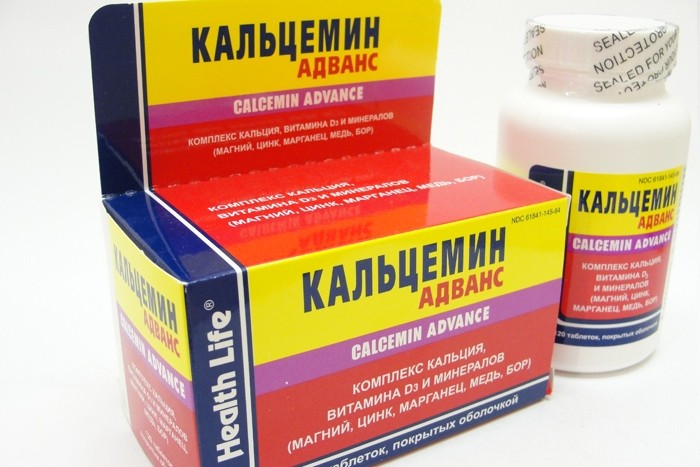
Calcium preparations during pregnancy: indications for use and contraindications
There must be good reasons for getting a prescription for calcium supplements. It is not worth taking this medicine just for prevention, because the consequences may not be very rosy. In order, as they say, not to bite your elbows, take note of when calcium tablets must be taken and what this treatment can leave as a gift.
Indications for use:
- Risk of occurrence and treatment of osteoporosis.
- Lack of calcium or vitamin D3.
- Diseases accompanied by hypocalcemia.
- Excessive permeability of cell membranes.
- Violation of the conduction of nerve impulses.
- Hyperphosphatemia in renal failure.
- Rickets.
- Spasmophilia.
- Osteomalacia.
- Lack of calcium in food during pregnancy and lactation.
- Postmenopausal period.
- Bleeding of various origins.
- Allergic conditions.
- Intoxication with magnesium salts.
- Prolonged bed rest.
- Recurrent diarrhea.
- Bone fractures.
When calcium intake is contraindicated:
- Intolerance to the components.
- Hypercalcemia.
- Tendency to thrombosis.
- Atherosclerosis.
- Blood clotting disorder.
- Severe renal impairment.
- Prescribing drugs based on digitalis.
- Calcium nephrourolithiasis.
- Vitamin D3 hypervitaminosis.
With long-term calcium intake, you need to regularly monitor the level of creatinine and calcium in the blood. Monitoring of kidney and liver function is also shown. In case of violations of clinical parameters, the drug is canceled. If a pregnant woman is taking iron supplements, there should be a three-hour pause between taking calcium and iron tablets.
What complications can be caused by calcium tablets:
- Bradycardia (heart rhythm disturbances).
- Hypercalciuria (excessive excretion of calcium salts in the urine).
- Nausea, diarrhea, stomach pain, constipation, vomiting, bloating, calcification of calculi.
- Swelling of the legs, frequent urination.
- Deposition of stones on the teeth.
- Cholelithiasis.
- Rash, itching, redness on the skin.

Adequate calcium intake during pregnancy is essential for both mom and baby to be healthy. But often doctors are reinsured and I advise you to take pills just for prevention. This is a completely illiterate approach to women in such a delicate state. Therefore, it is up to you to decide whether to drink calcium during pregnancy or just eat well.
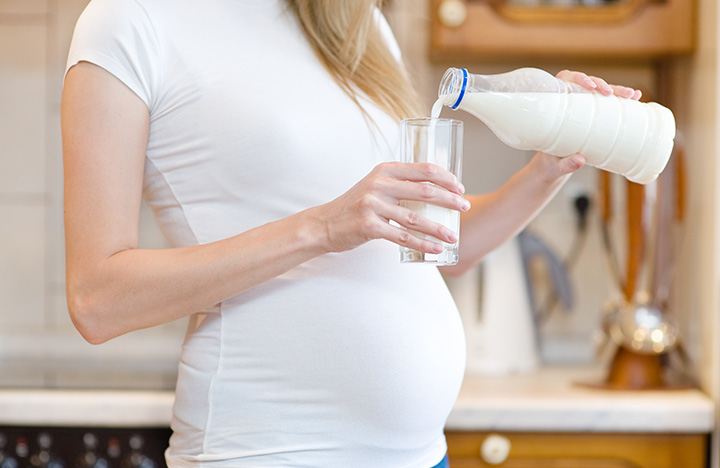
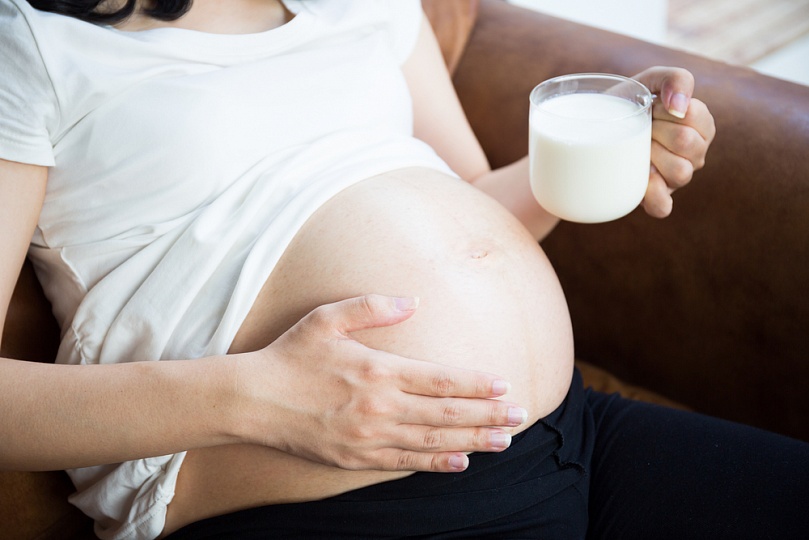
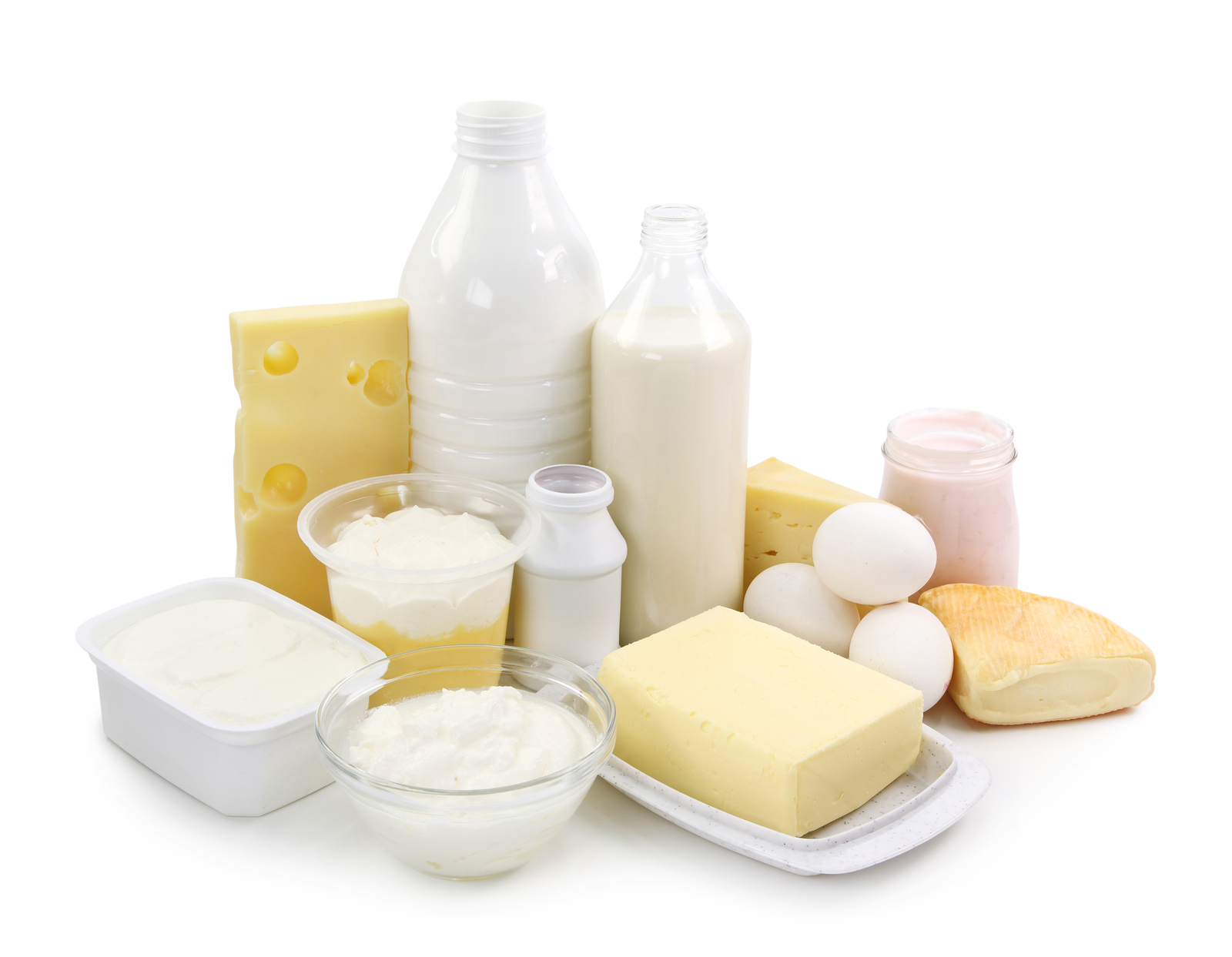

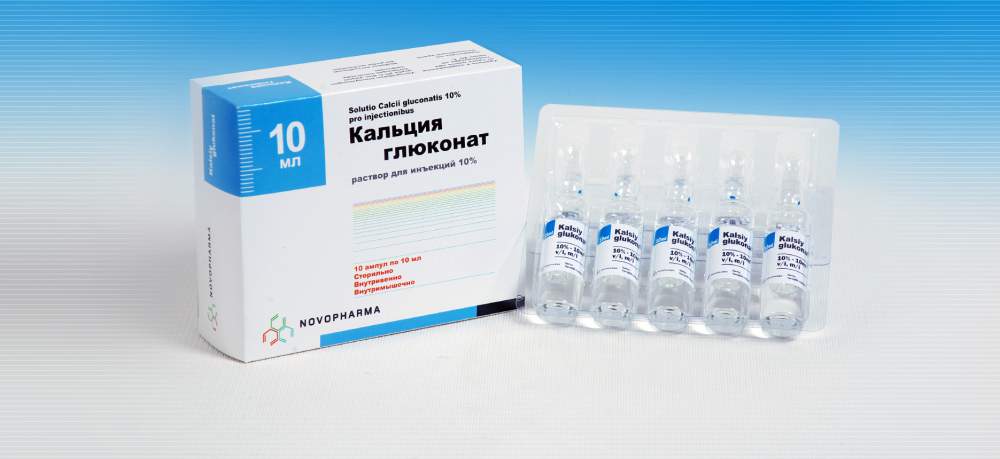
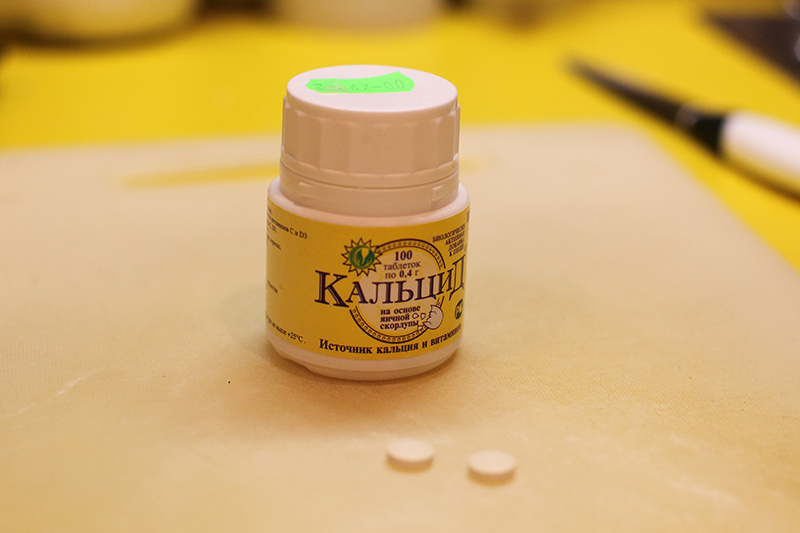
 How to have the perfect date when you're not romantic
How to have the perfect date when you're not romantic What diseases do you need to drink coffee - benefits and effects
What diseases do you need to drink coffee - benefits and effects All my brown eyeliners
All my brown eyeliners